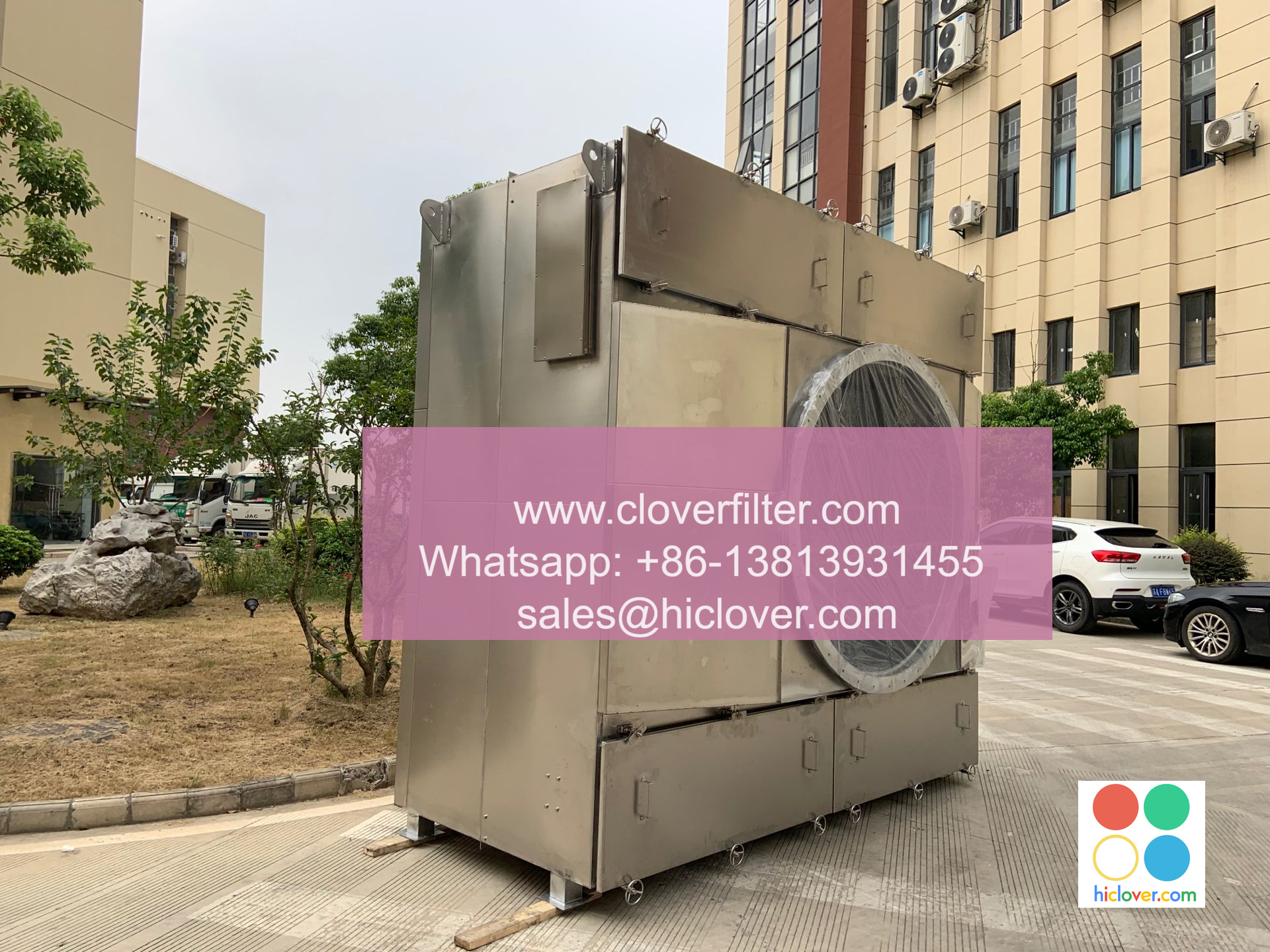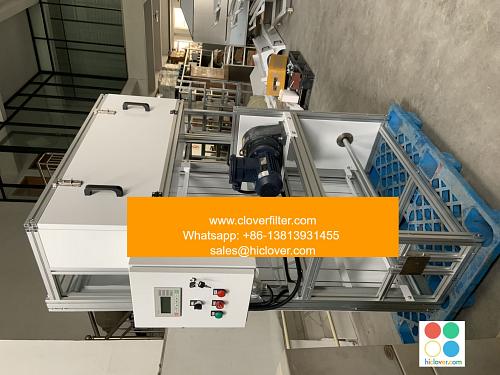Optimizing Your Air Filter Program for Maximum Energy Efficiency

As the world becomes increasingly conscious of energy efficiency and sustainability, it’s essential to explore ways to minimize energy consumption in various applications, including heating, ventilation, and air conditioning (HVAC) systems. One crucial aspect of achieving maximum energy efficiency is optimizing your air filter program. In this article, we’ll delve into the importance of air filter optimization, its benefits, and provide guidance on how to implement an effective program.
Why Air Filter Optimization Matters
Air filters play a vital role in maintaining indoor air quality (IAQ) and ensuring the overall performance of HVAC systems. A well-designed air filter program can help reduce energy consumption, lower operating costs, and minimize environmental impact. By optimizing your air filter program, you can:
* Improve airflow and reduce pressure drop, resulting in increased energy efficiency
* Extend the life expectancy of your HVAC equipment and reduce maintenance costs
* Enhance indoor air quality and create a healthier environment for occupants
Key Considerations for Air Filter Optimization
To optimize your air filter program, consider the following factors:
* Filter type and size: Select the appropriate filter type and size for your specific application, taking into account factors like airflow rate, pressure drop, and filter efficiency
* Filter maintenance and replacement schedules: Establish regular maintenance and replacement schedules to ensure optimal filter performance and prevent filter degradation
* Filter testing and validation: Conduct regular testing and validation to ensure your air filters meet the required standards and regulations, such as those set by ASHRAE (American Society of Heating, Refrigerating, and Air-Conditioning Engineers)
Application Areas for Air Filter Optimization
Air filter optimization is crucial in various application areas, including:
* Commercial buildings: Office buildings, shopping centers, and hotels can benefit from optimized air filter programs to reduce energy consumption and improve IAQ
* Industrial facilities: Manufacturing plants, warehouses, and other industrial facilities can optimize their air filter programs to minimize energy costs and improve equipment performance
* Healthcare facilities: Hospitals, clinics, and other healthcare facilities require optimized air filter programs to maintain high IAQ standards and prevent the spread of airborne pathogens
* Residential buildings: Homeowners can also benefit from optimized air filter programs to reduce energy consumption, improve IAQ, and create a healthier living environment
Best Practices for Implementing an Effective Air Filter Program
To implement an effective air filter program, follow these best practices:
* Conduct a thorough assessment of your HVAC system and air filter needs
* Develop a comprehensive maintenance plan that includes regular filter replacement and testing
* Monitor and analyze your energy consumption and IAQ data to identify areas for improvement
* Stay up-to-date with industry developments and regulatory requirements to ensure your air filter program remains optimized and compliant
By following these guidelines and optimizing your air filter program, you can achieve maximum energy efficiency, reduce operating costs, and create a healthier and more sustainable environment. Remember to consider the unique needs and challenges of your specific application area and stay committed to ongoing maintenance and improvement. You haven’t provided a prompt or question for me to respond to. Please provide more context or information so I can assist you. What would you like to talk about or ask?

